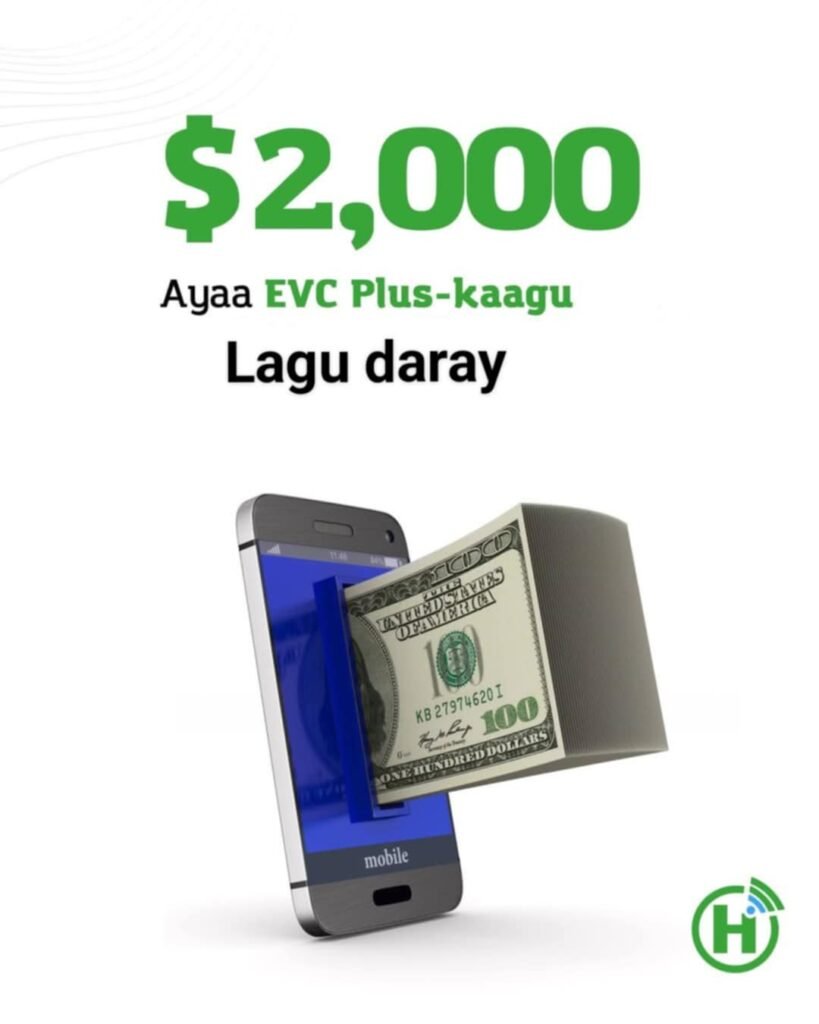Ecv Plus has played a crucial role in driving economic growth in Somalia, especially by fostering financial inclusion, enhancing remittances, supporting entrepreneurship, and improving payment systems.
These factors collectively contribute to the development of the digital economy, create job opportunities, and facilitate greater economic participation across the population.
By empowering individuals and businesses, EVC Plus is a key driver of Somalia’s economic progress.
EVC PlusIntroduction:EVC Plus is a mobile money service introduced in Somalia by Somali telecommunications companies to provide secure and convenient financial transactions.
It allows users to send, receive money, pay for goods and services, and even save or access loans using their mobile phones.


